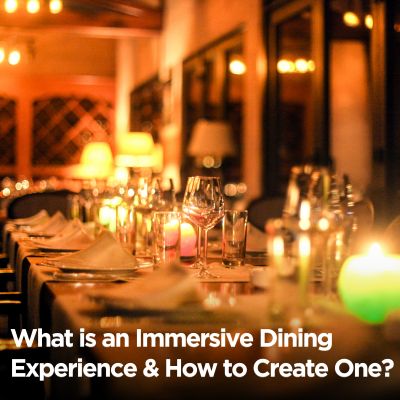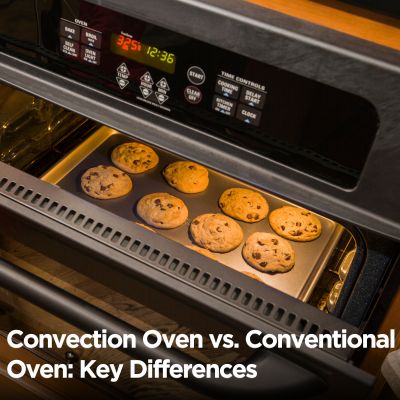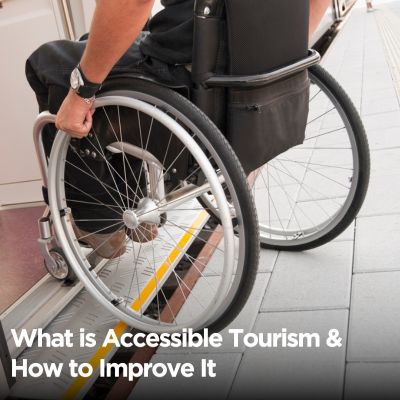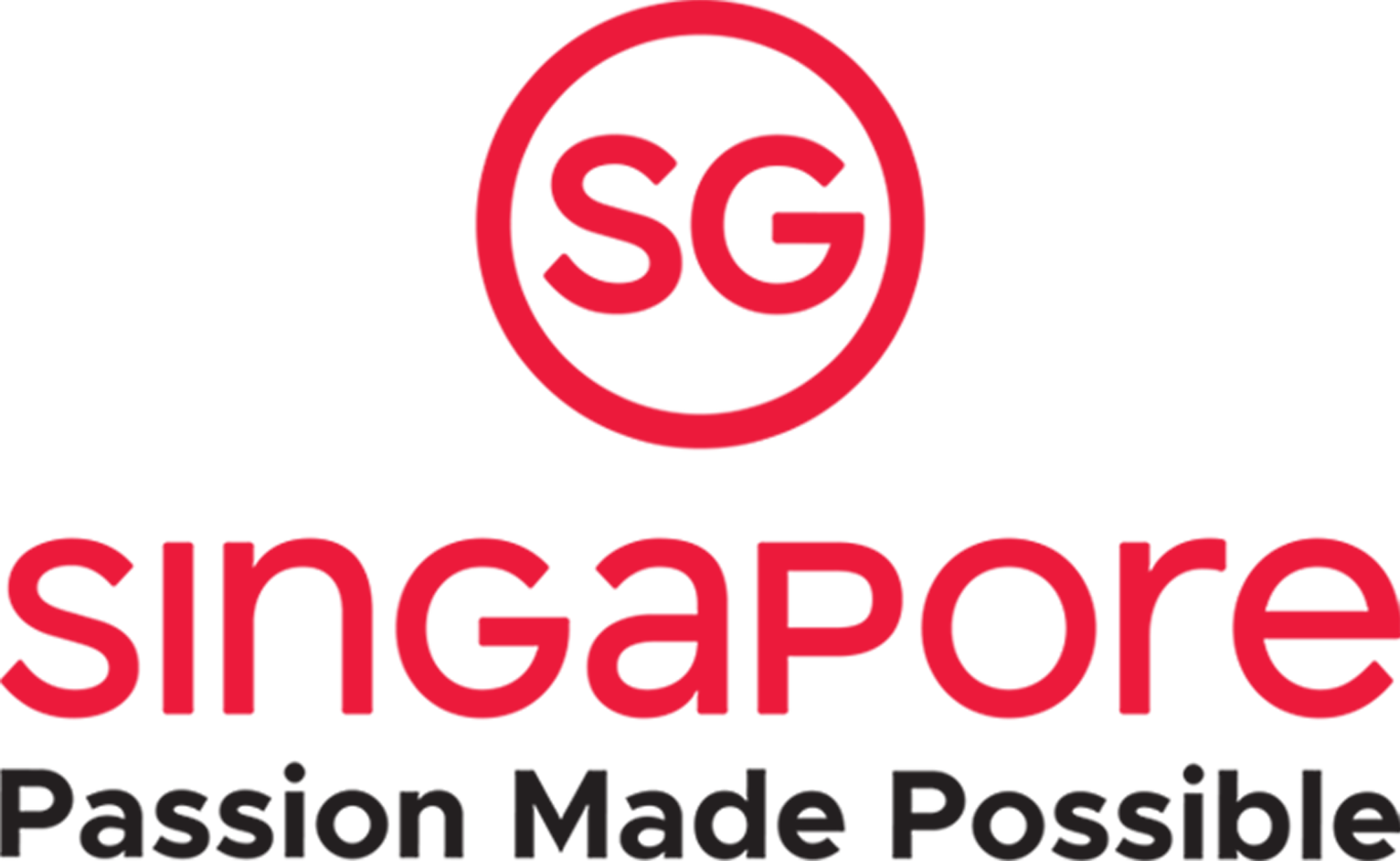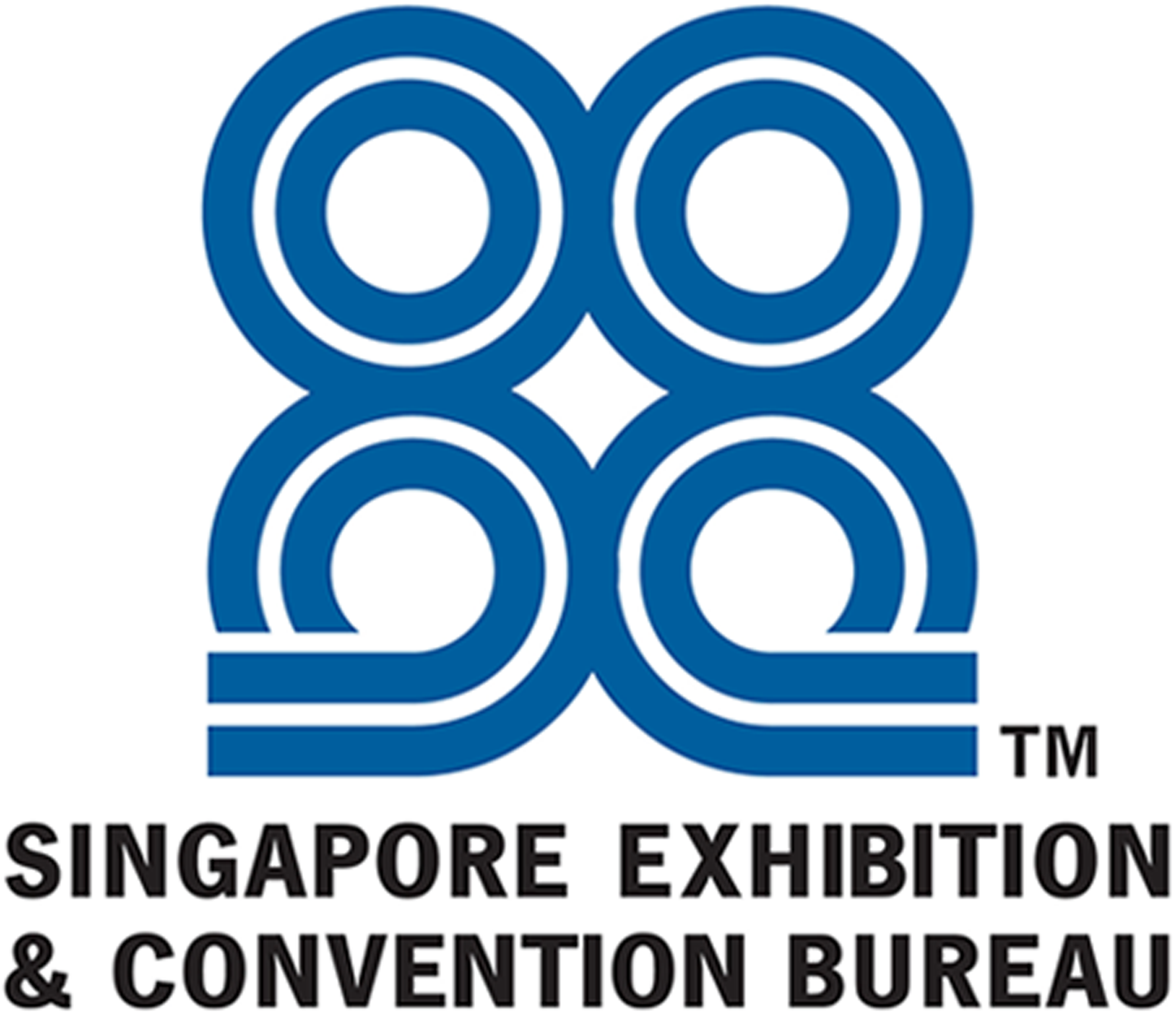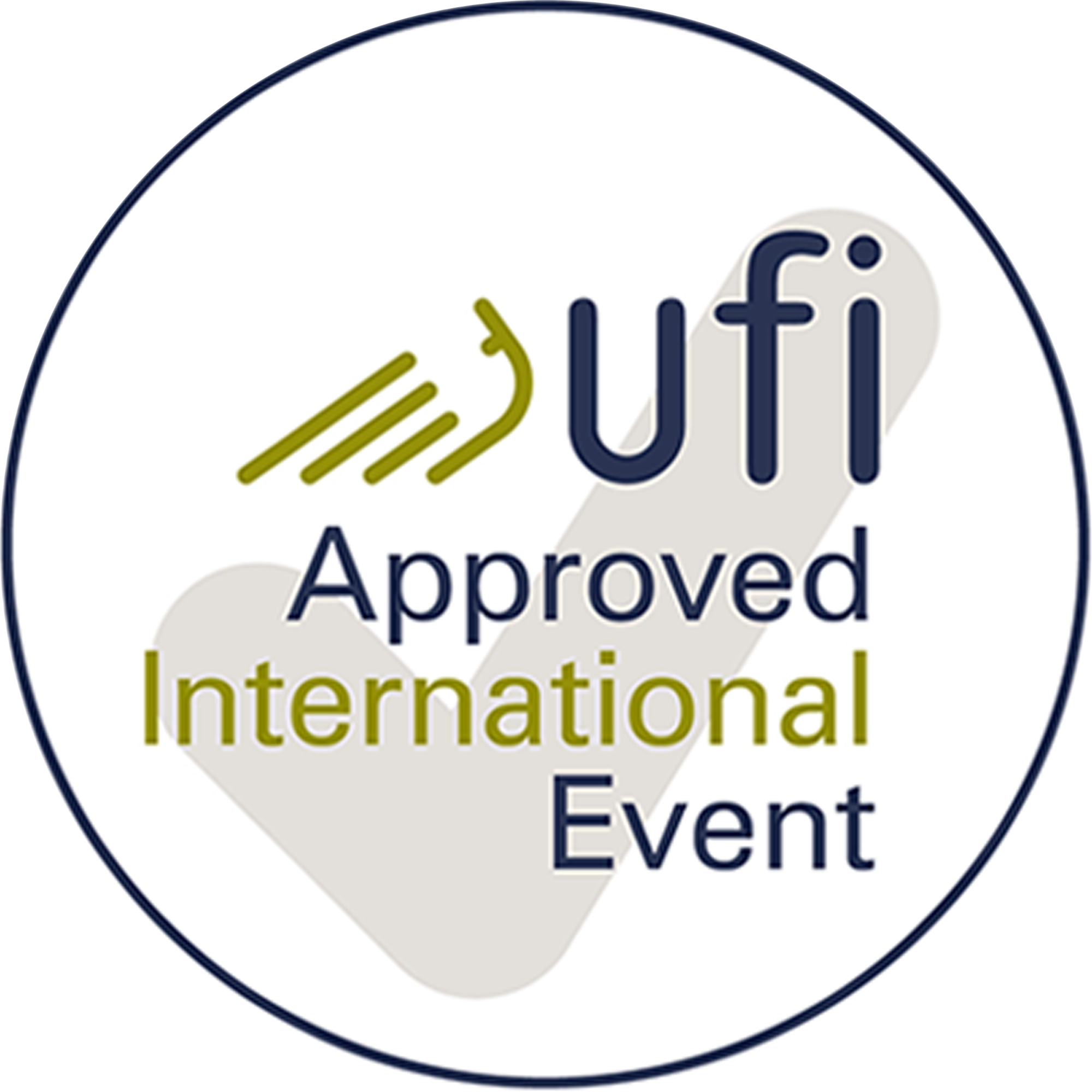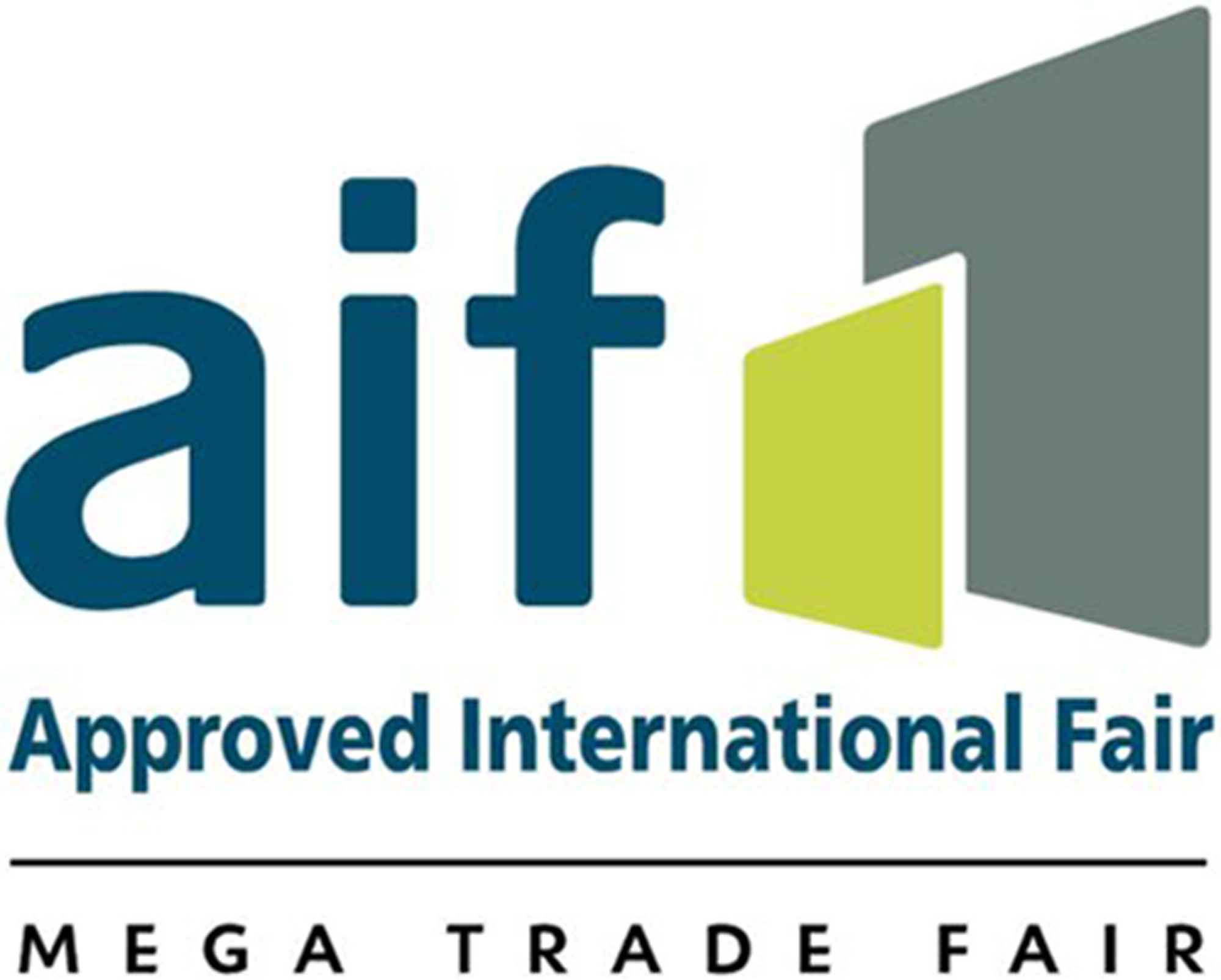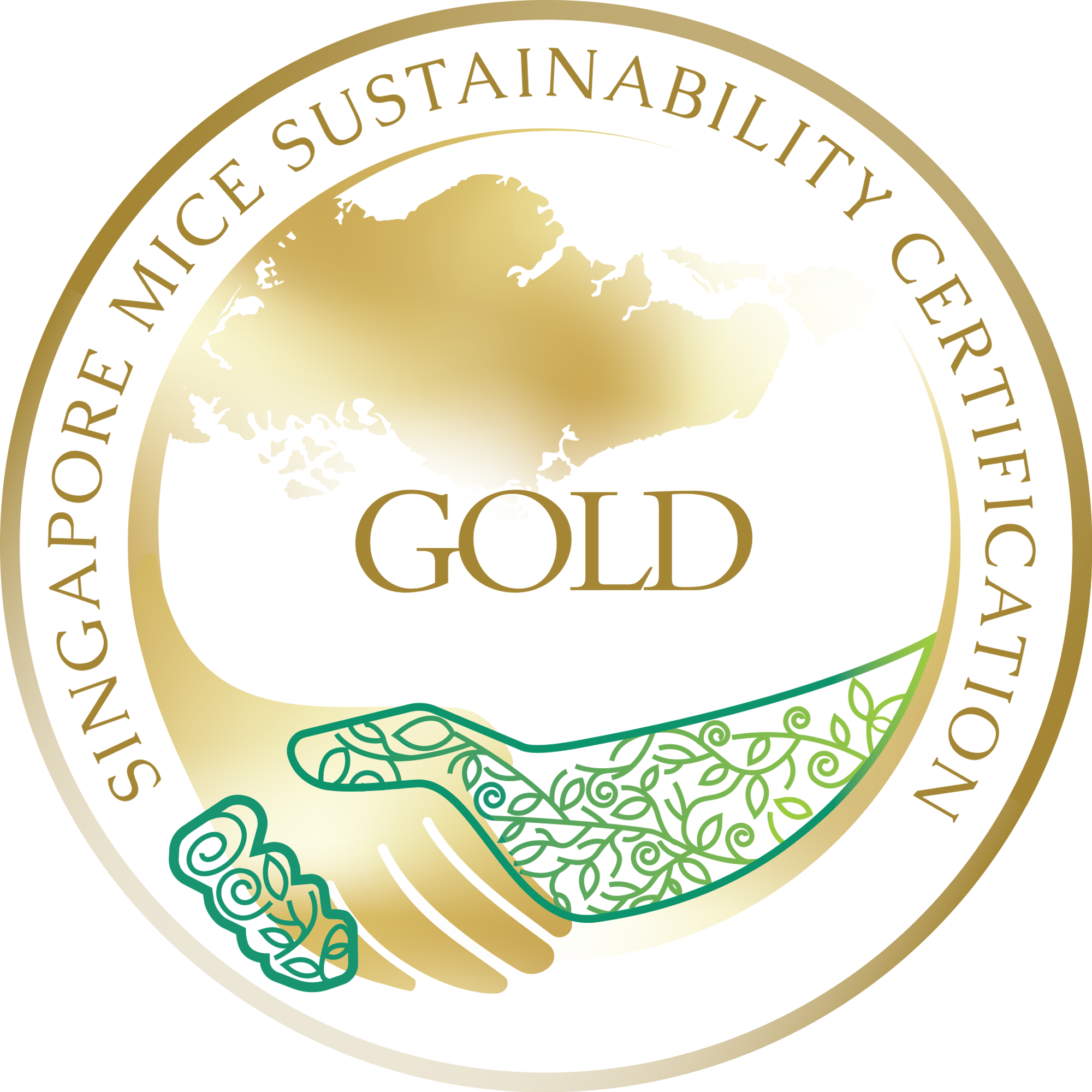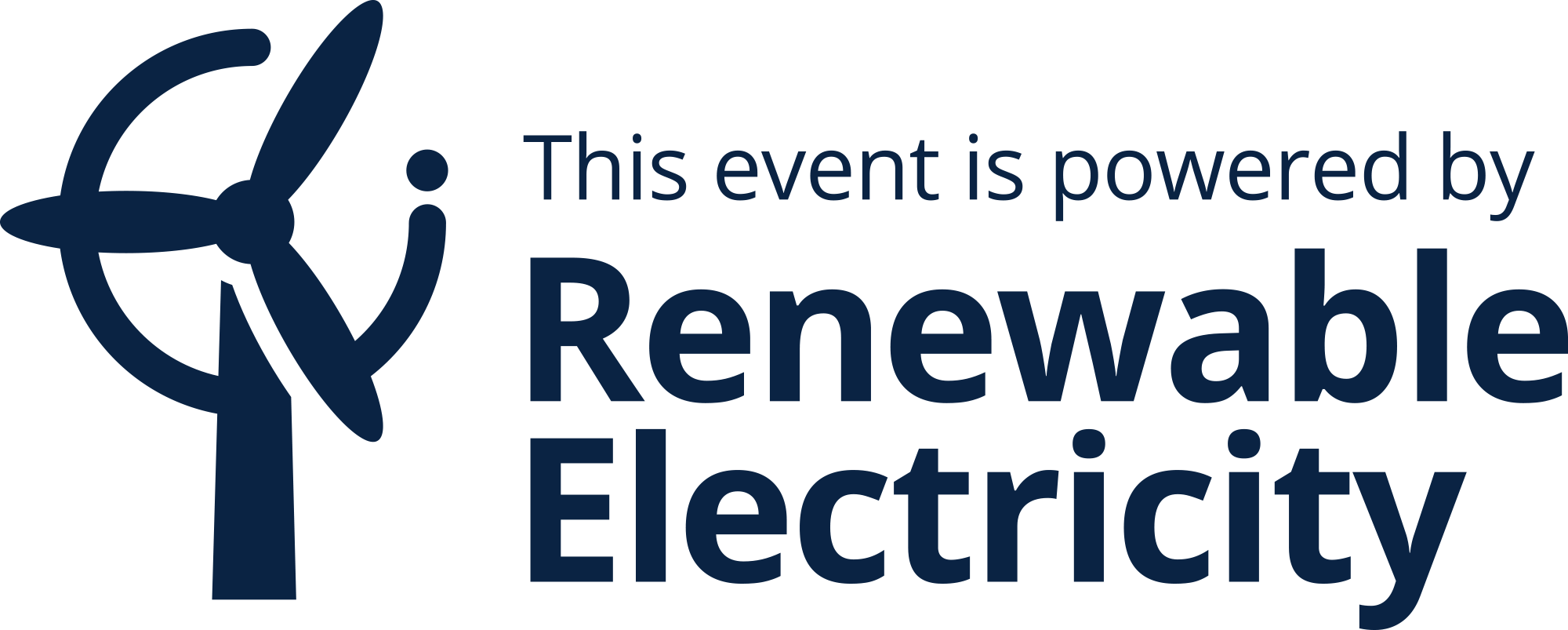Every hotelier knows the pressure of increasing hotel room sales.
Hotels can reach customers through different channels using diverse activities to maximize their chances of securing bookings and achieving revenue targets.
The hospitality industry is forecast to grow to 5.8 trillion U.S. dollars in 2027 at a growth rate (CAGR) of 5.5%. A well-executed sales strategy drives immediate revenue and enhances guest loyalty, positive word-of-mouth, and a strong brand reputation.
With the right hotel sales strategies, hoteliers can attract more guests, increase room bookings, enhance guest experiences, and boost revenue growth.
While there are many strategies for selling hotel rooms and increasing hotel revenue, we’ve compiled 10 hotel sales strategies to get you started.
Top 10 Strategies to Improve Hotel Sales in 2024
The more hotel rooms you sell, the more revenue you make. It’s all about finding, testing, and then tailoring the right strategies for your hotel.
The competition is tough, but with the evolving hospitality marketing strategies to attract new guests, hotels can achieve revenue growth.
Let’s explore ten proven hotel sales strategies to drive more revenue and deliver exceptional guest experience.
1. Understanding the Sales Funnel
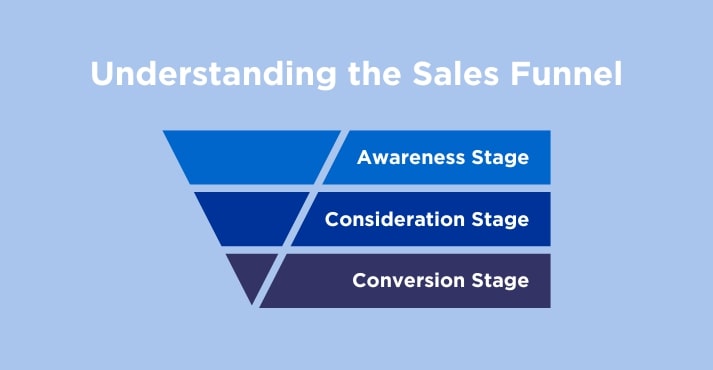
A guest journey sales funnel is a path that customers take from initial awareness to the final booking of hotel rooms.
However, tracking a potential customer’s route to booking can be tricky, as it requires a lot of information to know exactly what your leads experience before they make the booking at your hotel.
Lead generation involves attracting potential guests through various channels such as social media, advertising, and referrals. Understanding customer behavior and tailoring sales strategies to each stage of the funnel is essential.
1. Awareness Stage
At this stage, potential guests may become aware of a hotel through various channels such as social media, online searches, or word-of-mouth recommendations. Understanding where and how customers discover the hotel helps target marketing efforts. Hotels can use targeted advertising, engaging social media marketing, and search engine optimization (SEO) to capture the attention of potential guests.
2. Consideration Stage
Potential customers evaluate their options and compare hotels based on location, price, amenities, and reviews. Potential customers can be reached through persuasive messaging, social proof, and targeted promotions to influence decision-making. Providing transparent pricing, showcasing positive guest reviews, and offering personalized recommendations can help address concerns and make informed decisions.
3. Conversion Stage
At the conversion funnel, the customers decide to book a stay at the hotel. Analyzing booking patterns, conversion rates, and booking channel performance provides insights into booking behavior and preferences.
Hotels can offer convenient payment options and provide reassurance through clear policies and guarantees to facilitate conversions.
How do we increase hotel revenue through the sales funnel?
As leads progress through the funnel, they engage with the hotel’s website, inquire about availability, and eventually make a reservation. Conversion occurs when a lead completes the booking process, resulting in revenue for the hotel.
2. Target Audience Identification
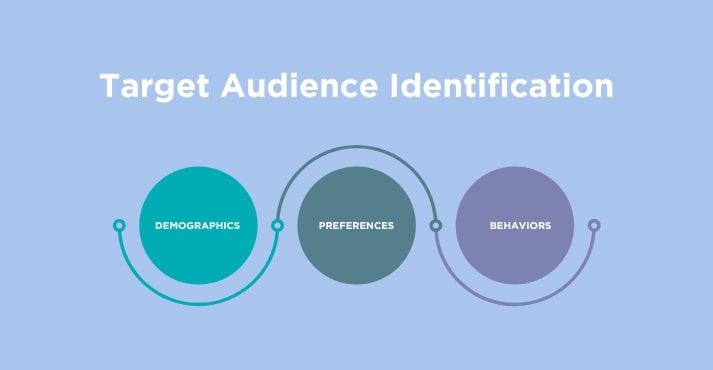
Target audience identification is essential to improve hotel operations and tailor marketing efforts. It involves evaluating the demographics, preferences, and behaviors.
Here’s the process for target audience identification:
- Collect Data: Gather demographic information such as age, gender, location, income level, and occupation through booking forms, surveys, or loyalty programs.
- Analyze Booking Patterns: Examine past booking data to identify trends and preferences among different guest segments.
- Utilize Market Research: Conduct market research to understand broader industry trends and identify potential niche markets or segments.
- Leverage CRM Systems: Use customer relationship management (CRM) systems to track guest interactions, preferences, and feedback.
- Segmentation Criteria: Define segmentation based on demographics, preferences (e.g., leisure vs. business travelers, family vs. solo travelers), and behavior (e.g., booking frequency, spending habits).
- Create Personas: Develop personas representing different target audience segments based on the collected data and segmentation criteria.
- Test and Refine: Continuously refine audience segmentation based on feedback, market changes, and evolving guest preferences.
But how can we improve hotel sales using target audience identification?
Targeting niche markets and personalizing sales strategies enable hotels to meet the unique needs and preferences of a particular segment of travelers. Hoteliers can create personalized messaging, design targeted advertising campaigns, and offer relevant promotions, increasing the likelihood of attracting and converting potential guests.
3. Direct Booking Promotion
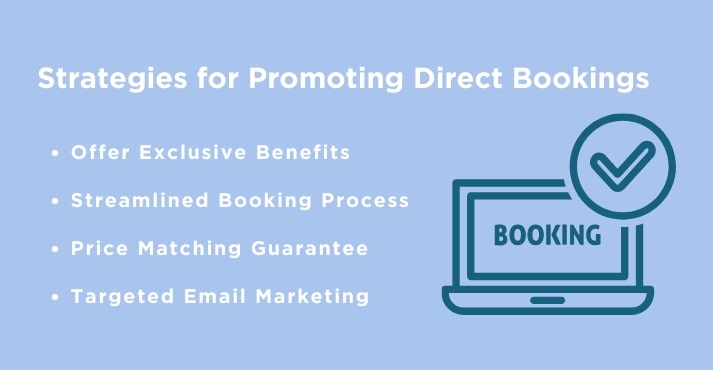
Do you know how to increase hotel sales via direct booking promotions?
Direct booking enables potential guests to book the hotel directly, increase hotel revenue, and save money from OTA commissions. According to the Verified Market Reports, The Global Hotel Direct Booking Software Market is estimated to grow at a CAGR of 8.7% from 2018 to 2026.
Here are some critical strategies for promoting direct bookings through the hotel’s website and booking engine:
- Offer Exclusive Benefits: Reward customers for direct bookings by offering exclusive discounts, room upgrades, or loyalty program perks.
- Streamlined Booking Process: Optimize the booking engine for user-friendliness, fast loading times, and mobile compatibility to provide a convenient booking experience.
- Price Matching Guarantee: As a hotelier, you must assure the potential guest that they will receive the best available rate when booking directly through the hotel’s website.
- Targeted Email Marketing: Personalized promotions and reminders via email to encourage them to book directly for their next stay, thus reducing the cost of third-party commissions.
Moreover, hotels can offer direct booking promotions during blackout dates, rewarding guests with exclusive discounts or perks and encouraging them to book directly.
4. Upselling and Cross-Selling
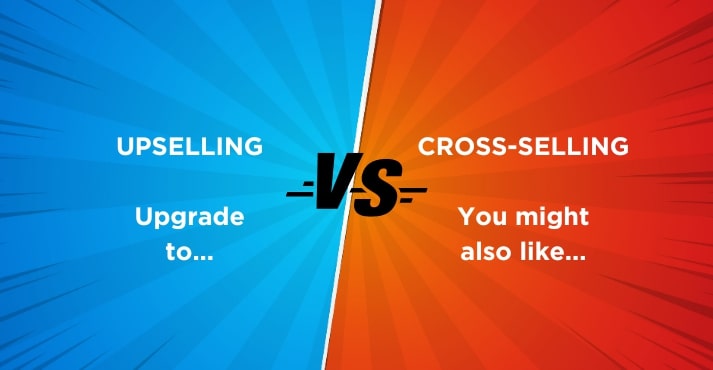
Upselling involves offering guests upgrades to higher room categories or premium amenities such as spa services or dining packages. Cross-selling might involve promoting additional services like airport transfers, tours, or restaurant reservations.
These techniques increase revenue per guest stay, leading to higher satisfaction and revenue streams and better utilizing available resources.
Here are some unique ways to increase hotel revenue through upselling and cross-selling:
- Room Upgrades at Check-In: Upon arrival, hotel staff can suggest available room upgrades based on guest preferences and availability, enhancing the guest experience and increasing revenue per stay.
- Targeted Pre-Arrival Offers: Personalized emails or in-app notifications showcase tailored offers, such as discounted upgrades or complimentary amenities, before guests arrive.
- Bundled Packages: Hotels combine room upgrades with additional services or amenities, such as dining credits or spa treatments, providing guests with added value.
- Loyalty Program Discounts: Exclusive discounts on room upgrades or add-on services are offered to loyalty program members.
- Promotion of Add-On Services: During the booking process or throughout the stay, hotels actively promote supplementary services like airport transfers, tours, or dining packages.
Most importantly, hotel staff must be trained to capture upsell opportunities, mainly through food and beverage marketing, as it can further enhance their experience during their stay.
Staff can introduce relevant services or amenities through attentive listening and understanding guests’ needs.
5. Group and Event Sales
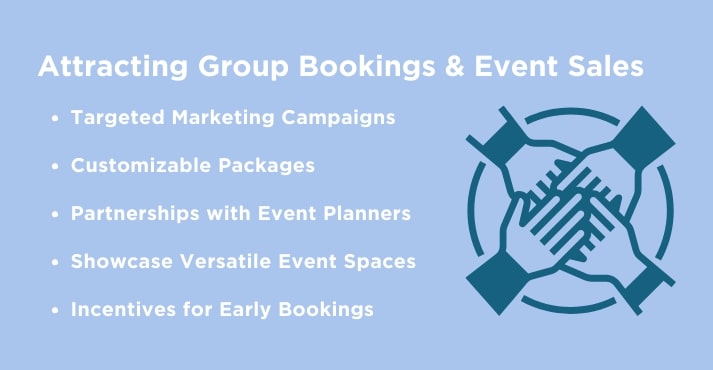
Group and event sales can boost hotel revenue by offering tailored packages, flexible event spaces, and value-added services for planning conferences, meetings, weddings, and other events.
Moreover, developing relationships with event planners and building a reputation for hosting events can lead to repeat business and referrals.
Group and event sales tailored packages allow hotels to customize offerings to meet the specific needs and preferences of different groups or events. Flexible pricing options enable hotels to adapt to various clients’ budget constraints and preferences.
Strategies for attracting group bookings and event sales are as follows:
- Targeted Marketing Campaigns: Craft advertising and promotional efforts specific to corporate clients, wedding planners, and conference organizers, highlighting relevant amenities and services customized to each segment’s needs and preferences.
- Customizable Packages: Offer flexible packages, allowing clients to tailor their experience, accommodating diverse requirements and budgets, and appealing to a broader range of group booking prospects.
- Partnerships with Event Planners: Collaborate with event planning firms or industry associations to tap into their networks and leverage their expertise, increasing visibility and attracting more group bookings.
- Showcase Versatile Event Spaces: Highlight the hotel’s adaptable event spaces and amenities through engaging virtual tours, high-quality photos, and detailed descriptions.
- Incentives for Early Bookings: Provide incentives such as discounts or complimentary upgrades for groups that book well in advance or meet specific criteria, encouraging early commitment and securing more bookings.
Moreover, hotels can provide dedicated event coordinators, offer technical support, arrange catering services, and assist with logistics.
6. Loyalty Programs and Rewards
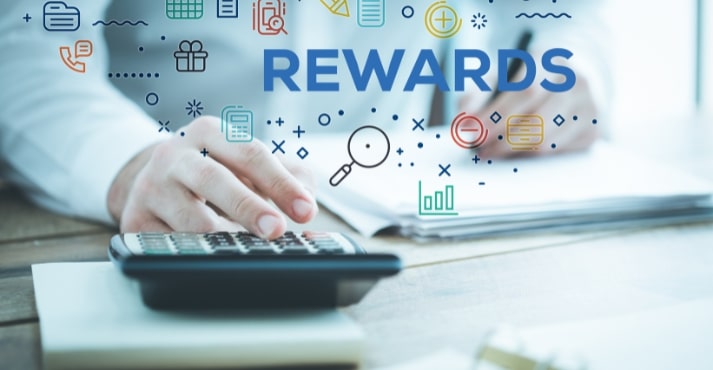
Loyal guests are an invaluable asset to your hotel. Therefore, loyalty programs and reward initiatives are hotel sales strategies that drive customer loyalty and encourage repeat bookings.
These programs reward guests with discounts, complimentary upgrades, or exclusive access to amenities, making them more likely to come back and visit your hotel.
Benefits of loyalty programs for the hotel:
- Increased customer retention and repeat business
- Enhanced brand loyalty and positive word-of-mouth promotion
- Valuable data insights into guest preferences and behavior
- Opportunities for targeted marketing and personalized offers
Benefits of loyalty programs for the guest:
- Access to exclusive discounts, perks, and rewards
- Complimentary upgrades or amenities
- Simplified booking and check-in processes
- Accumulating points or miles for future redemption
Here are some examples of loyalty programs:
- Offers points for hotel stays, redeemable for free nights, room upgrades, and experiences for frequent travelers and provides diverse rewards.
- Earns stars on loyalty cards for purchases, leading to free drinks, food items, and access to member-exclusive offers, enhancing customer retention and engagement.
- Earns miles for flights and partner purchases, redeemable for flights, upgrades, and other travel perks.
Loyalty card points or tiers based on spending or engagement make customers feel valued and motivated to continue choosing the hotel again for their next stay. Moreover, potential guests won’t join if the program is complicated and they don’t immediately understand how they’ll benefit.
7. OTA Optimization
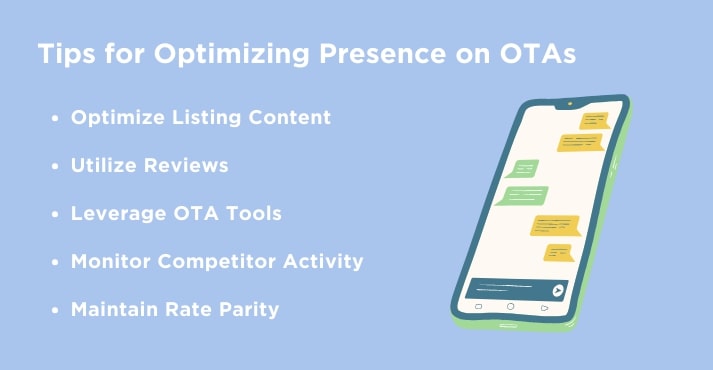
Online Travel Agents (OTAs) are websites or platforms that allow travelers to book travel-related services; this includes flights, tours, activities, hotel rooms, and vacation packages. OTAs provide access to your potential guests in locations and volumes that would be difficult for you to access through your marketing efforts.
OTAs are a reliable marketing channel for
- Increasing brand awareness
- Growing hotel reach and bookings
- Drive sales by creating a sense of urgency; for example, 15 people currently view this hotel.
- Reach international audiences
Do you know how to sell a hotel room via OTAs? To take advantage of the opportunities and avoid the pitfalls, you must actively manage your listings, pricing, and room bookings and take a strategic approach to online distribution.
Here are some tips for optimizing presence on online travel agencies (OTAs) to maximize visibility and bookings:
- Optimize Listing Content: Ensure accurate and engaging descriptions, high-quality images, and competitive pricing to attract potential guests.
- Utilize Reviews: Encourage positive reviews and promptly address negative feedback to build trust and credibility.
- Leverage OTA Tools: Take advantage of OTA’s marketing tools, such as promotions and featured listings, to increase visibility.
- Monitor Competitor Activity: Stay informed about competitors’ pricing and offerings to adjust strategies and remain competitive.
- Maintain Rate Parity: Consistently align prices across all distribution channels to avoid conflicts and maintain guest trust.
OTA optimization is essential to your hotel marketing plan, and hoteliers should prioritize open communication and transparency to manage OTAs effectively. Negotiating commission rates involves demonstrating the hotel’s value to the OTA while ensuring profitability.
Moreover, hotels can explore co-op marketing initiatives or participate in OTA loyalty programs to enhance visibility and attract bookings.
8. Strategic Pricing and Revenue Management
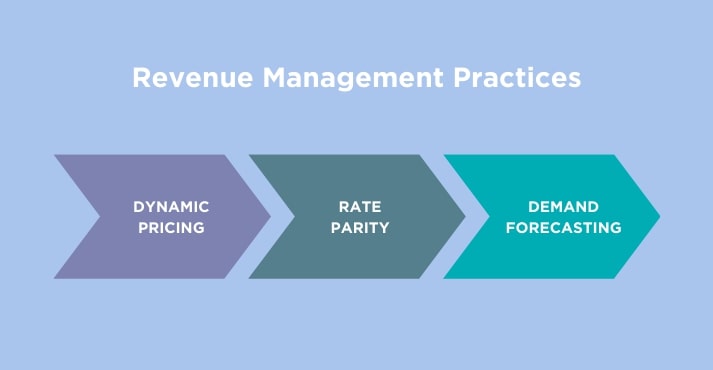
Hotels can maximize revenue through pricing and revenue management, such as setting room rates based on demand fluctuations, market trends, and competitor analysis.
Typically, hotel revenue management plans require hotel operators to drop room rates during the low season to encourage bookings while raising rates during high traffic.
How do you maximize hotel revenue? Strategies for hotel sales and marketing using revenue management practices:
- Dynamic Pricing: It involves adjusting room rates in real-time based on factors like demand, seasonality, and events, optimizing revenue by capturing the highest possible price while remaining competitive.
- Rate Parity: Ensuring consistent pricing across all distribution channels prevents customer confusion and maintains trust.
- Demand Forecasting: With historical data, market trends, and booking patterns, hotels can accurately predict future demand, enabling proactive adjustments to pricing and inventory management.
Moreover, leveraging data analytics and revenue management software is essential for hotels to optimize pricing strategies and maximize revenue potential. These tools enable hotels to analyze data, including market trends, competitor pricing, and booking patterns, allowing for informed decision-making. By identifying demand fluctuations and consumer behavior, hotels can adjust pricing, optimize inventory allocation, and implement targeted promotional strategies.
9. Collaborations and Partnerships
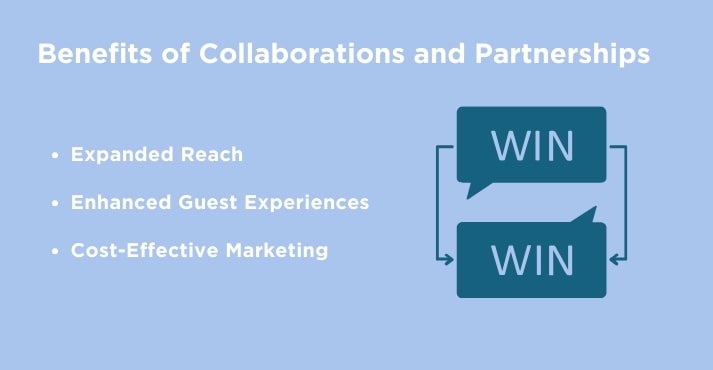
Collaborating with local businesses, attractions, and travel influencers helps hotels expand their reach and drive bookings. Partnerships can involve cross-promotional campaigns, exclusive discounts, or joint events, leveraging each other’s audiences and enhancing visibility.
Partnerships may involve joint promotional campaigns, exclusive discounts, or co-hosted events, leveraging each partner’s audience to expand reach.
Benefits of collaborations and partnerships include:
- Expanded Reach: Strategic alliances allow businesses to tap into each other’s customer bases, expanding their reach to new audiences and markets and increasing brand exposure.
- Enhanced Guest Experiences: Collaborating with complementary businesses or attractions enables hotels to offer guests unique experiences and services, enriching their stay.
- Cost-Effective Marketing: By pooling resources and sharing marketing efforts, hotels can reduce marketing expenses while maximizing impact and driving revenue growth.
Here are some ways to collaborate and partner:
- Partner with local spas or wellness centers to offer guests exclusive access to spa treatments, yoga classes, or wellness retreats.
- Collaborate with nearby attractions or tour operators to create guest activity packages, such as guided city tours, outdoor adventures, or cultural excursions.
- Partner with local businesses or event planners to host corporate events, meetings, or conferences at the hotel.
- Collaborate with local artists, galleries, or cultural institutions to showcase art exhibitions, performances, or workshops within the hotel’s public spaces.
- Partner with transportation companies or travel agencies to offer guests convenient transportation options, airport transfers, or guided tours.
Customers today are increasingly looking for experiences that are authentic and unique. Therefore, hotel industry partnerships with the local community can become a hotel’s unique selling proposition.
10. Digital Marketing Campaigns
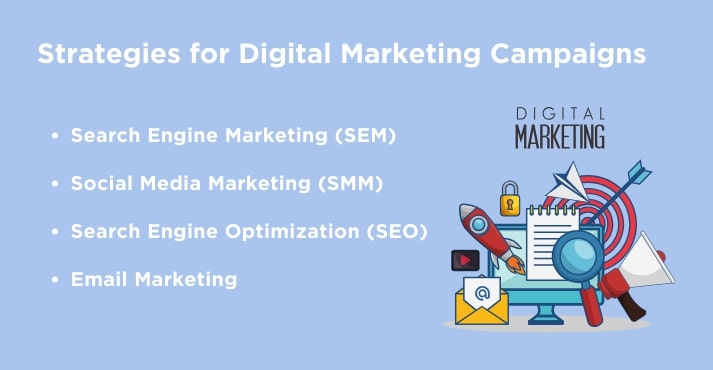
A robust digital presence is essential, with consumers increasingly turning to online platforms to research and book accommodations.
Digital marketing allows hotels to target specific demographics, showcase unique amenities, and highlight special offers, driving exposure and revenue.
Moreover, digital channels offer cost-effective advertising options and provide valuable insights into consumer behavior.
So, how to increase hotel room revenue through digital marketing campaigns: Here are some strategies for digital marketing campaigns:
- Search Engine Marketing (SEM): Utilizes paid advertising on search engines like Google to target users actively searching for hotel accommodations, driving immediate traffic and bookings by appearing prominently in search results.
- Social Media Marketing for Hotels: Engages potential guests through targeted advertisements and engaging content on platforms like Facebook, Instagram, and Twitter, increasing brand awareness, encouraging direct bookings, and promoting special offers or packages.
- Search Engine Optimization (SEO): Optimizes hotel website content, meta tags, and structure to improve organic search engine rankings, ensuring the hotel appears prominently in search results for relevant queries and attracting more website traffic.
- Email Marketing: Utilizes targeted email campaigns to nurture relationships with past and potential guests, promoting special offers, exclusive deals, and personalized recommendations, encouraging repeat bookings, and driving revenue.
It’s no secret that travelers have grown tech-savvy, and we live in a digitalized world where customers turn their heads to the internet when planning a vacation or looking for inspiration for the next trip. Therefore, by doubling down on digital marketing, hotels can generate higher revenue.
Conclusion
When driving more revenue for your hotel, you have many strategies and tactics to create a customized plan. There is no winning formula; what works for one hotel may not work for another; combining different techniques can help you grow revenue while delivering an exceptional guest experience.
Utilize advanced technology solutions to enhance guest experiences and implement personalized service initiatives and tailored offerings to meet the preferences and needs of guests. Leverage data analytics to gain insights into guest behavior, market trends, and performance metrics and help customers make informed decisions.
Moreover, collaborate with local partners to expand reach and drive referrals. Prioritize direct booking channels through compelling website content, user-friendly booking interfaces, and promotions, reducing dependency on third-party platforms.
Implement digital marketing campaigns, social media engagement, and search engine optimization to increase brand visibility, attract potential guests, and drive direct bookings. Develop relationships with corporate clients and event planners to secure group bookings and stay adaptive to changing market conditions and emerging trends.
As you tweak these hotel sales strategies by seeing what works best for your guests, you’ll see more bookings, guest engagement, and higher revenue.



